Let's say I'm doing this...
public class Customer
{
public Customer()
{
customerID = Guid.NewGuid();
}
public Guid customerID { get; set; } = Guid.NewGuid();
}
...because, I know this is going to occur as my dev team moves to C#6.0. Which is going to take precedence / be used (the constructor NewGuid() or the property NewGuid()) and why? When should we use one vs. the other as a best practice?
